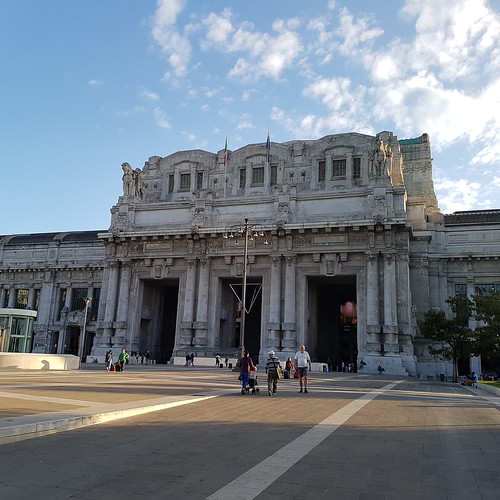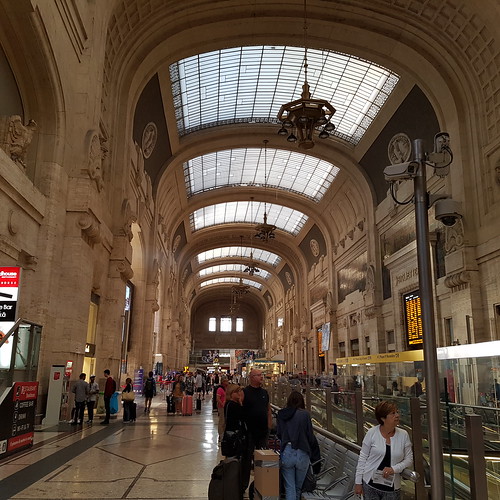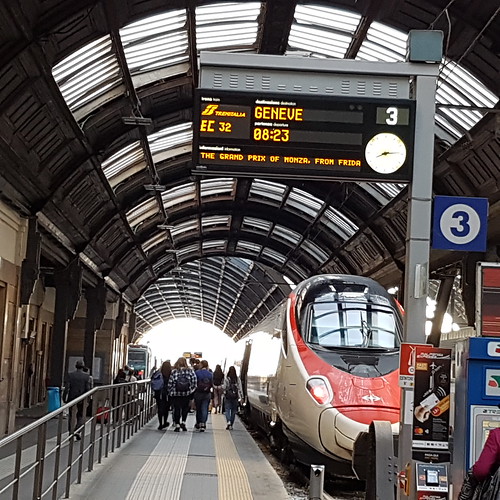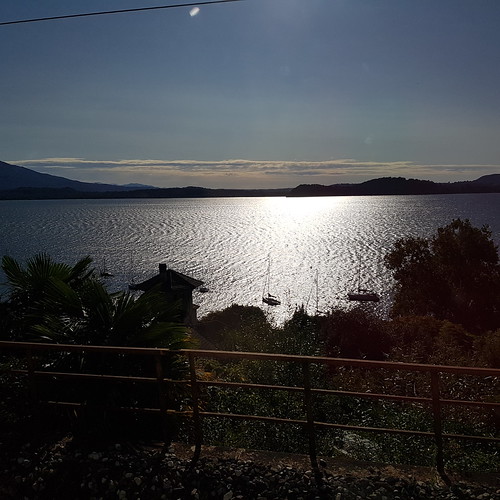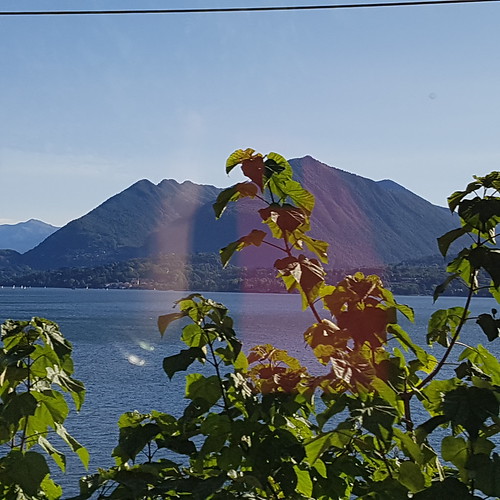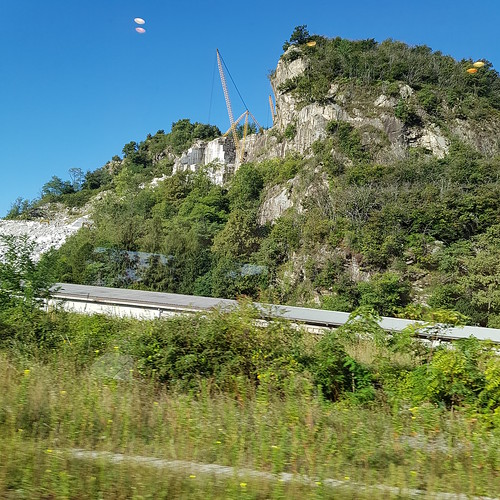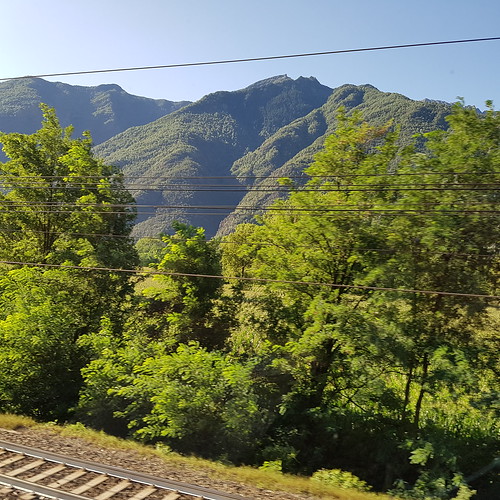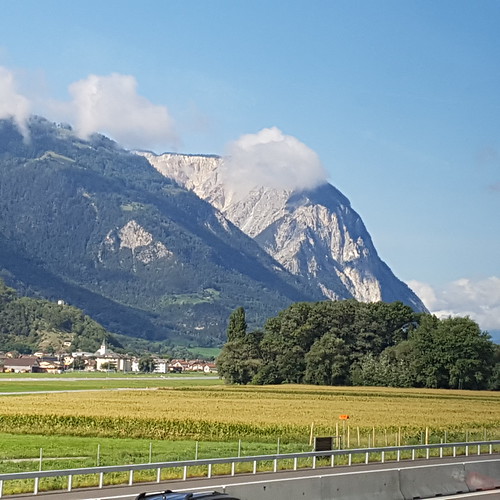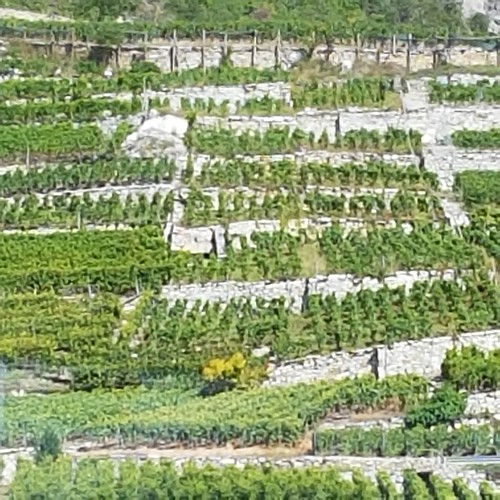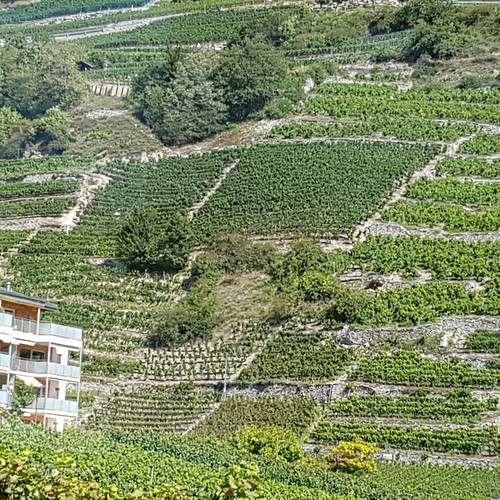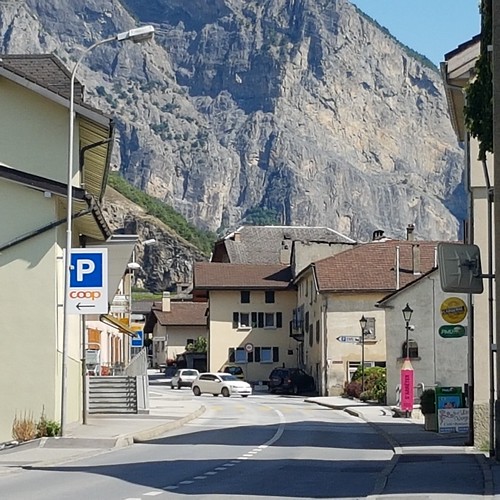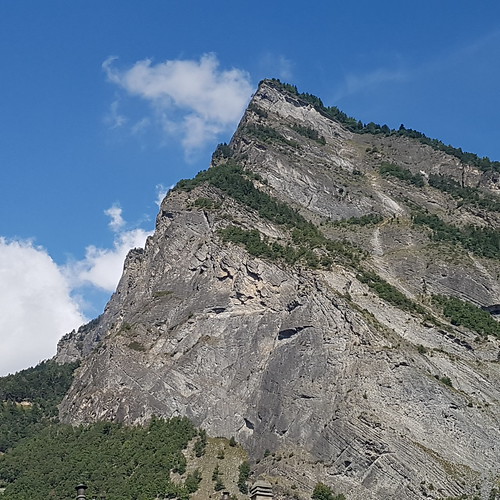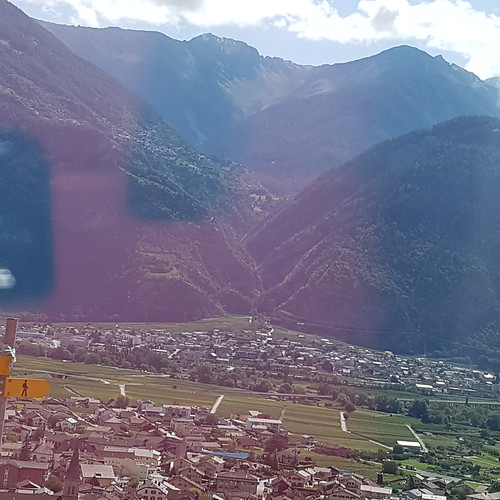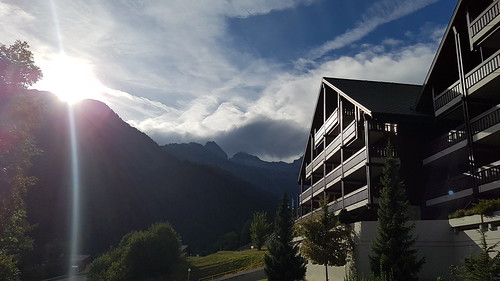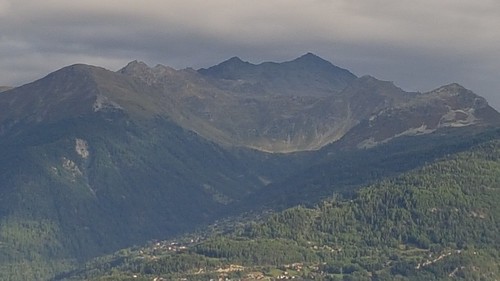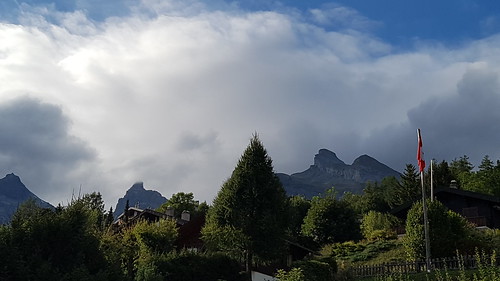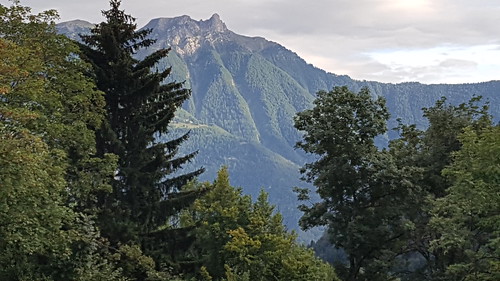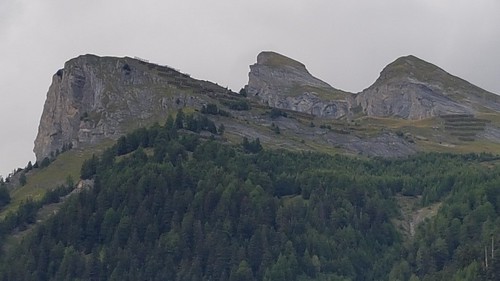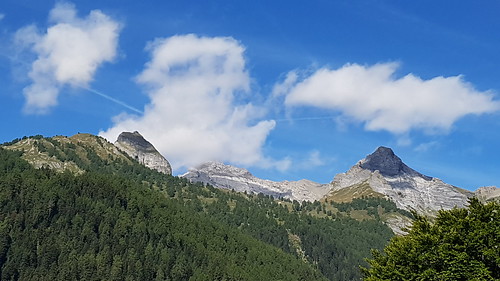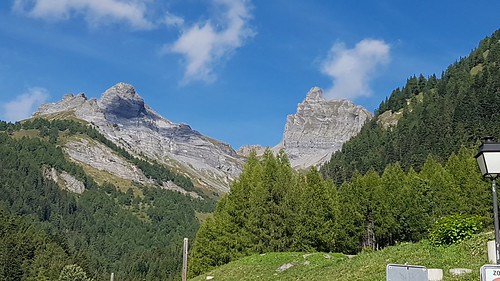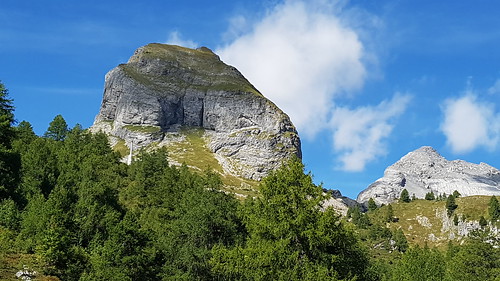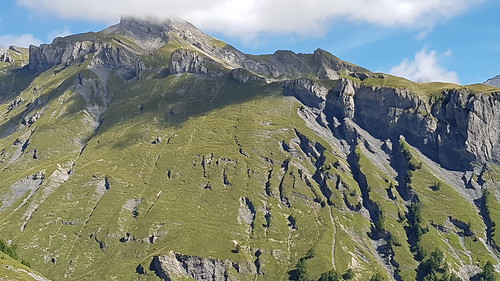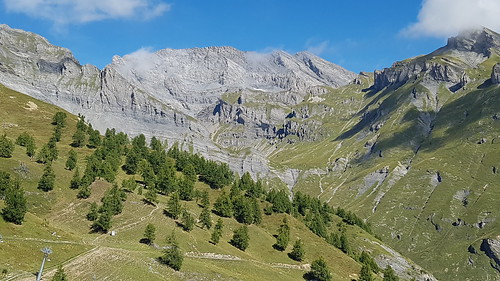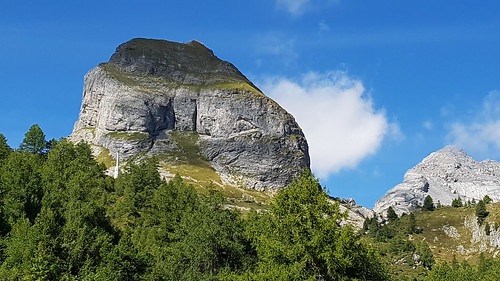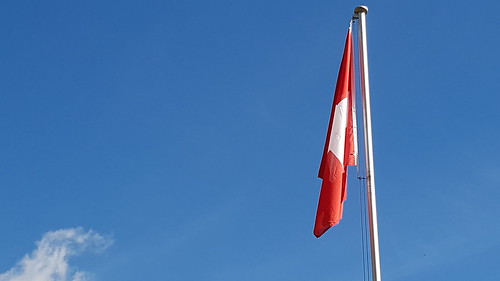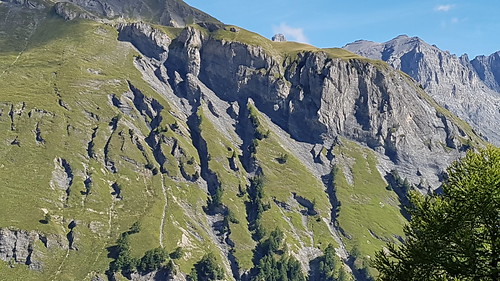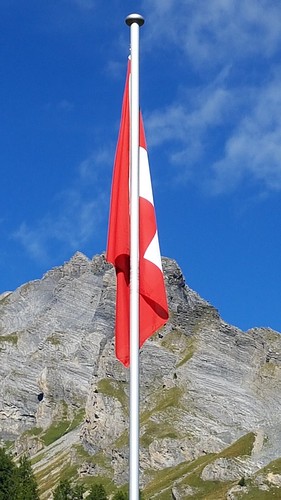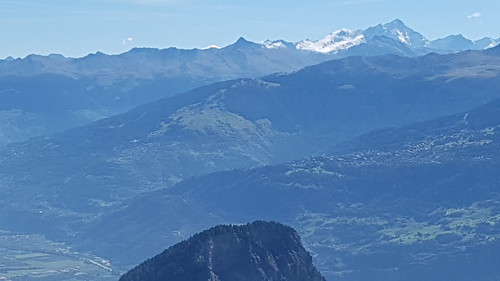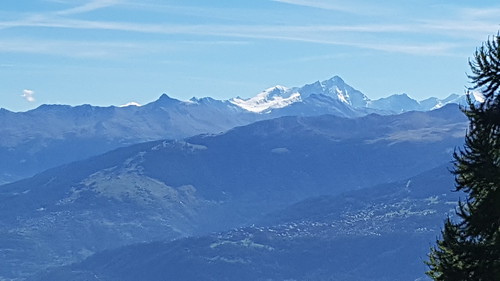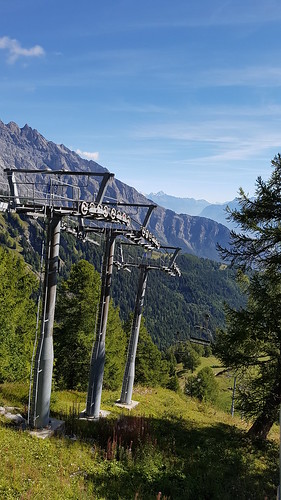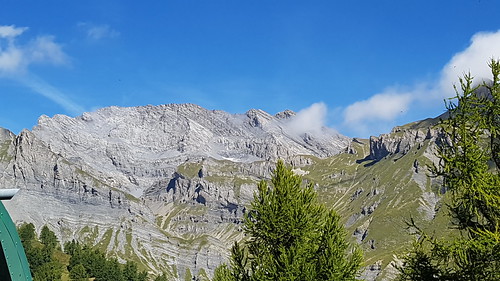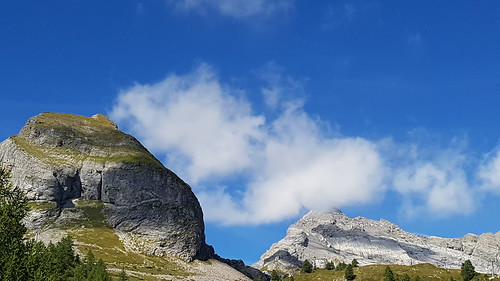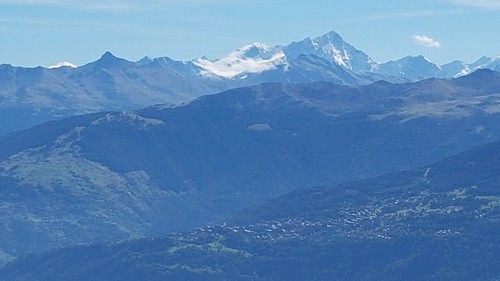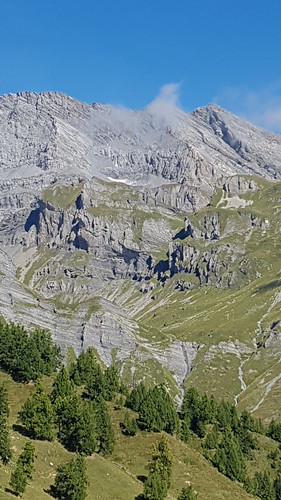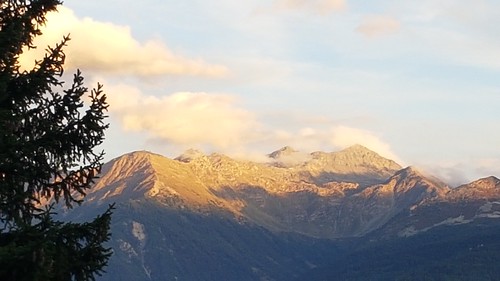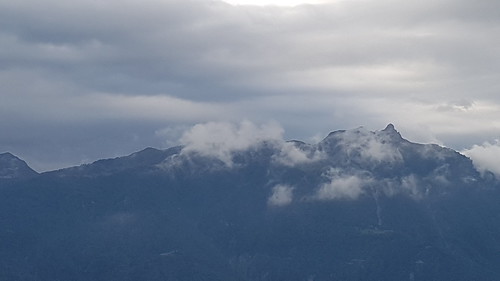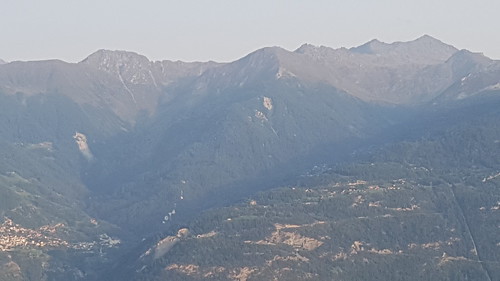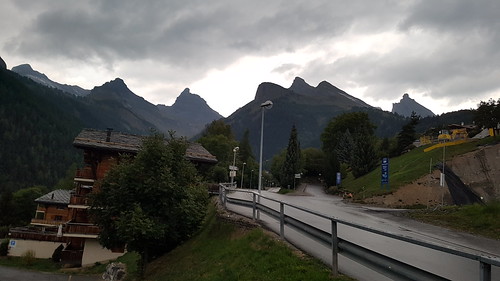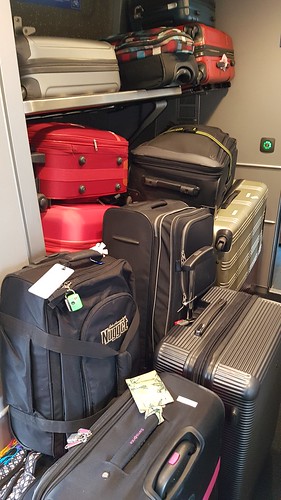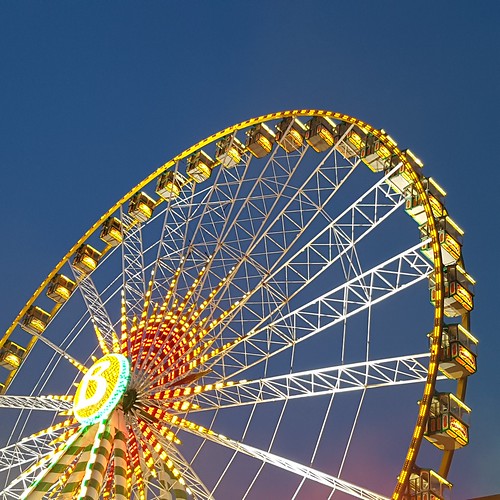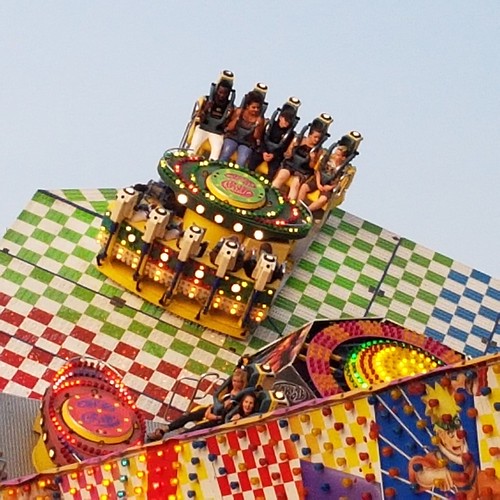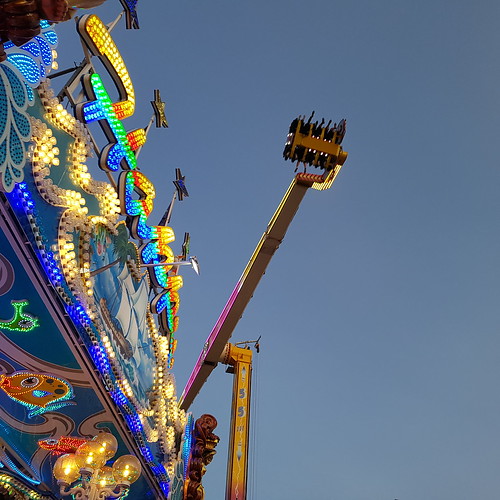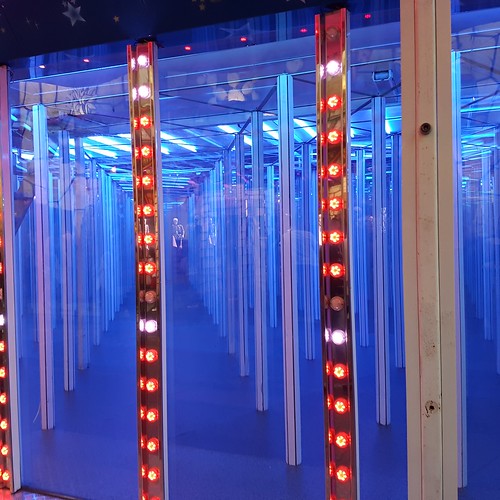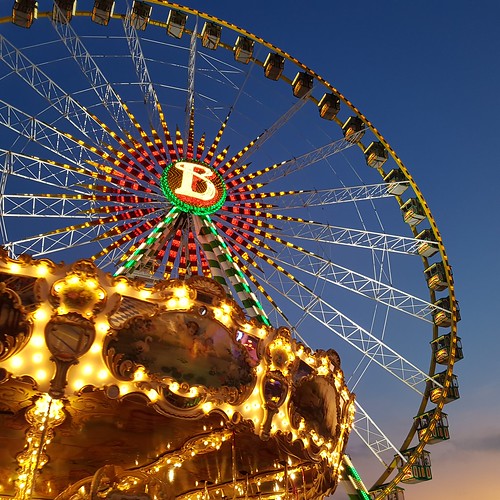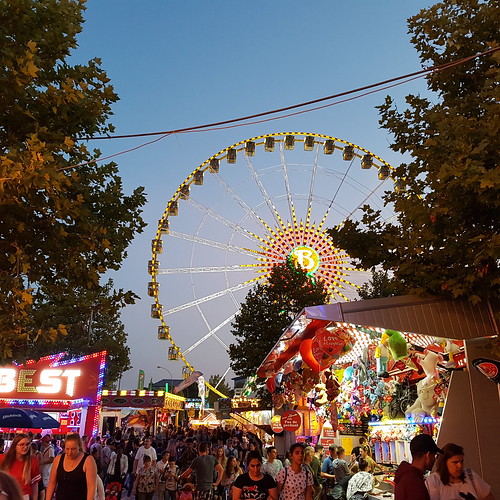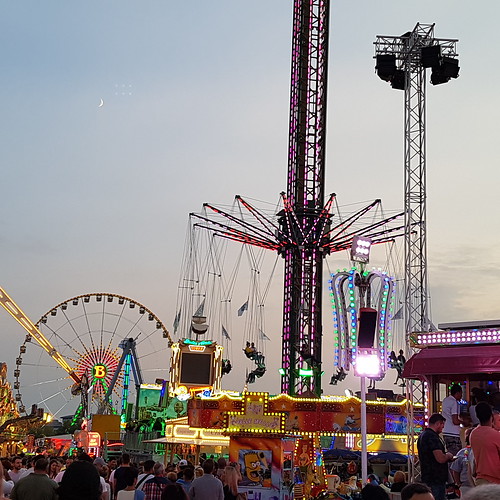I went on a bit of a twitter rant this morning and screwed up the threading which is proof that when it’s longer than 3 tweets, you really should get up, have breakfast and write a blog post instead. Here we are.
I was on holiday last week but since Friday, my newsfeed from Ireland has featured the name George Hook in rather distressing frequency. I don’t listen to the guy’s radio show and have not for a very long time. He wasn’t entertaining as a rugby analyst but as a radio presenter, he annoyed me on a few levels. What did for me originally was a comment to the effect that if you were in a relationship with someone, didn’t you de facto give consent for sex? Well…no. Actually it took a while but even in Ireland we got laws against marital rape. Typically, for sex not to be rape, all participants have to have consented to the activity. It’s not that difficult to understand. Giving consent once is not de facto, consent for every other time a person might want sex, ever.
At some point end of last week, however, he made some comments about a high profile rape case in the UK, details of which I will skip, but in which he made a few comments on how awful the rapists were and then said “But -”
“Buts” like that are not really a good sign. They tend to go a good way towards negating everything that went before the “But”. The general outcome of what he said is that women perhaps have a responsibility not to put themselves in a position of getting raped. This is actually very difficult.
The case he described entailed drink, agreeing to have sex with one person, and somehow getting raped by a few more. Perhaps she shouldn’t have agreed to have sex with that one person, maybe should have drunk less.
I could, to some extent, take elements of that apart and point out that if you agree to have sex with one person, you don’t agree to have sex with all their friends later by default. And this would be still be true.
The thing is, I started wondering, how do you prevent yourself from getting raped. What can women do?
Well, I considered it this morning and concluded that the only way to reduce the risk of getting raped was to avoid men all together. This struck me as somewhat extreme, to be honest. I have a bunch of male friends. None of them have ever tried to rape me. I like to assume that this is more the general way of things because in general, my experience is that people tend to be decent rather than scum.
I just want to guard against those men who are not nice, whom I don’t know and who might rape me. Clearly, the best way to do this is to dress in a way not to tempt them and not to go out partying and have a few drinks. QED. Safe from rape.
Except. Or But.
The problem is personally, this is not my experience. I’m fortunate never to have actually been raped. But I have had a couple of experiences where I have been fortunate. The last one was relatively recent and the following were all true:
- it was about 6pm on a Friday evening
- I was standing at a bus stop
- I was completely sober
- I was wearing a pair of jeans.
- I was wearing a non-skimpy top.
- There were about 8 other people standing around waiting for the bus.
- I was asked for directions by a softly spoken person.
I feel very fortunate that there were 8 other people there because once I had given directions, I wasn’t left alone. Despite repeated comments that I was not interested, and I did not want him to touch me. He accused me of lying when I told him I was not interested in the activities that he was proposing. His operational mode depended on not drawing attention so the fact that there were 8 other people meant that walking away was an option. I’m not sure it would have been if there were no potential witnesses.
It freaked me out. I didn’t report it to the police at the time because it’s hard enough to get a rape complaint taken seriously and in this case, you know, I was lucky.
The only thing I did wrong was give directions to someone who asked for directions.
So I get antsy when I hear people talking about what women should do to avoid getting raped because sometimes, merely existing is a risk factor. I sometimes think a lot of men don’t realise just how much of a risk factor being a women is in terms of getting raped. Yes, men get raped as well and to be honest, it’s probably hard to figure out what the exact statistics are because rape is an notoriously under reported crime.
And it nearly always comes with either an overt or implied querying of what the victim did wrong. Did she wear the wrong clothes? Was she too drunk? Did he look a bit weak?
The implication that there’s some sort of an excuse. Something similar plays out with domestic violence.
I used to be friends with a woman some years ago who was with someone for a few years when he started battering her. I saw some of the bruises. He eventually got as far as threatening to kill her – there were a few more details to the threat which I really don’t feel like going into here – at which point she figured that between the bruises she couldn’t cover up any more and some comments he had made about her family, there probably wasn’t anything retrievable there.
But there is often a subtext of “What did she do to draw him on her” when a woman is being abused domestically, or “why is he so weak” when a man is being abused domestically. We call it victim blaming and the annoying thing above all else is that it effectively proffers an excuse to the abuser, the rapist, the attacker. It actually doesn’t matter what a woman is wearing – this does not actually give anyone a right to rape her. And yet, it gets used as an excuse. We need to stop taking those excuses seriously.
There is no given right to sex and yet some men seem to operate under the impression that they have an absolute right to it. It’s worth reading up on the Isla Vista killings as an example of what can happen when this gets taken to extremes.
Women already take precautions in a milion myriad little ways against the risk bad things happening from the moment they get up. Many women in abusive relationships spend their time working out how best to manage their abuser so as to minimise the risk of a blow out. Women walk out the front door, choose not to go certain places, choose not to talk to certain people. These are coping mechanisms which women come up with. But it’s not good advice for men to come together as a society and tell women how to behave because instead of that being safety advice, it is actually controlling behaviour. Instead of telling me not to go jogging in the park on my own, or on realising that I already don’t go jogging in the park on my own, the bestresponse would be to figure out how to make it safer for me to jog in the park on my own. This doesn’t just benefit potential rape victims – it’s good for people who aren’t likely to be rapists as well. They usually get benefit out of the improved lighting or the cctv.
I remember reading a fascinating piece which I have no chance of tracing any more on the question of all the advice that women got given to avoid being mugged, raped, assaulted, murdered. It amounted to a serious amount of activity limitation. Don’t go out after dark, don’t drink, make sure you get home at a certain time, ring someone to tell them you’re safe. The piece operated on what it would be like if, given that most rapists tend to be men, we advised all men to effectively curfew their lives so that the risk of any of them carrying out rapes was minimised to zero. The response was very different. This was seriously limiting, how could they live like this? And yet, that is often what we expect of women. To shut themselves away to some/a lot of extent to reduce the risk of someone else doing something awful to them.
I don’t think it’s all that helpful.
There are a couple of things which I think need to be understood.
- you cannot always identify a rapist in advance of being raped
- there is no distinct way that you can behave which guarantees that you don’t get raped.
- instead of limiting the horizons of women who might get raped, we need to reinforce a value in society that raping women is wrong
In many respects, that’s a peer education thing and in other ways, it’s an enforcement issue. I wrote to Alan Shatter when he was Minister for Justice while I was living in Ireland on the question of rape sentencing after we had a bunch of very questionable sentences on rape/sexual assault conviction.
Rape is a violent crime. That it typically is visited upon women does not make it less violent or less of a risk to society, and when you bear in mind that men who are victims of rape are even less likely to report than women are, you can see the poison that it sows in a society when we don’t treat rapists seriously. This means no excuses. She wore a short skirt? So what. She’s allowed to – you don’t get to rape her just because…we’re not in the business of forcing women to dress a certain way to prevent men from behaving a certain way. She had a couple of drinks? Well why didn’t you wait until the morning before having sex with her? Oh she didn’t know you, why did you invite her back to your hotel room for sex if you didn’t know her?
The questions we ask of victims, we need to ask of rapists. Ask them to account for their behaviour, what they have done, take responsibility for what they have done.

